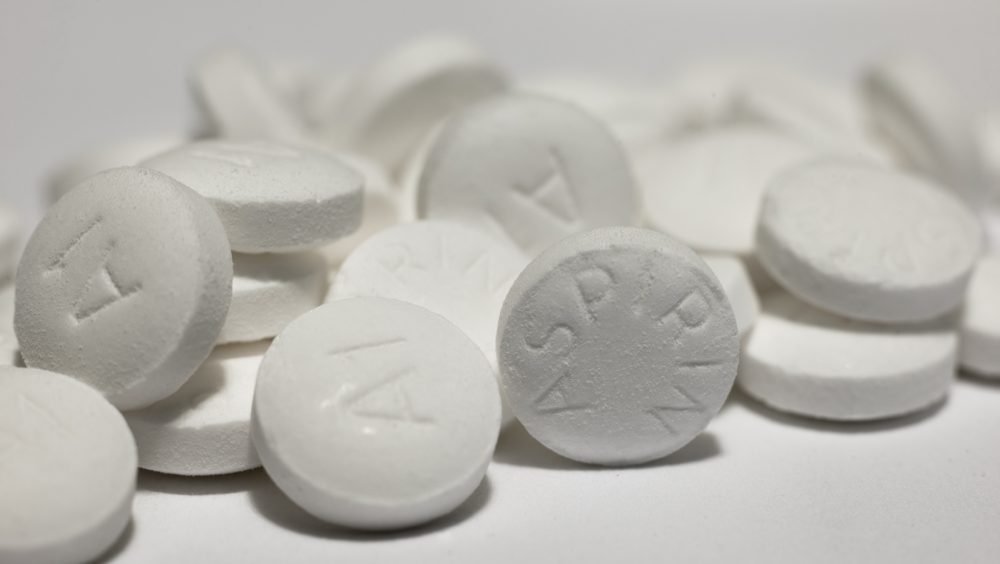Advertisment
“Polypill” with aspirin cuts fatal outcome in cardiovascular disease

Combination therapy with aspirin, statins and at least two blood pressure drugs significantly lowers the risk of developing fatal cardiovascular disease (CVD) researchers reported on August 29, 2021 in The Lancet.
“This combination, either given separately or combined as a polypill, substantially reduces fatal and non-fatal CVD events,” said lead author Philip Joseph MD, associate professor of medicine at McMaster University, investigator at the Population Health Research Institute and cardiologist at Hamilton (Ontario) Health Sciences.
“The benefits are consistent at different blood pressure levels, cholesterol levels and with or without diabetes, but larger benefits may occur in older people,” Joseph added.
As background, the authors noted that approximately 80 per cent of cardiovascular events happen in individuals without a history of cardiovascular disease. So preventative strategies, including medications, for persons without CVD are essential if most heart attacks, strokes and related deaths worldwide are to be prevented.
The investigators conducted a retrospective meta-analysis of large randomized controlled trials enrolling at least 1000 subjects and with at least 2 years of follow-up.
The trials had all employed a fixed-dose combination strategy of at least two blood pressure lowering drugs plus a statin (with or without aspirin) and a control regimen (either placebo or usual care).
The primary outcome of the meta-analysis was time to first occurrence of cardiovascular death, myocardial infarction, stroke or arterial revascularisation.
The researchers included data from three trials in their meta-analysis, the International Polycap Study (TIPS)-3, the Heart Outcomes Prevention Evaluation (HOPE)-3 study and the PolyIran trial, with a total of 18,162 subjects.
None of the subjects in the tree trials had been diagnosed with cardiovascular disease prior to enrollment. Mean age was 63 years, and 9,038 (49.8%) of the subjects were female.
During a median follow-up of 5 years, the primary outcome occurred in 276 (3%) of the subjects in the fixed-dose combination strategy group and in 445 (4.9%) in the control group, a statistically significant difference (p<0·0001).
Fixed-dose combination strategy with aspirin cut the risk of heart attacks by 53 per cent, stroke by 51 per cent, and death from cardiovascular causes by 49 per cent.
“Treatment effects were similar at different lipid and blood pressure levels, and in the presence or absence of diabetes, smoking, or obesity,” the authors noted.
International experts and organizations praised the results.
World Health Federation president Fausto Pinto, MD, professor of cardiology at Hospital de Santa Maria in Lisbon and dean of the faculty of medicine at the University of Lisbon, said, “The World Heart Federation (WHF) is committed to promoting cardiovascular health for everyone by reducing the CVD burden worldwide, in both developed and developing countries. The demonstration of a low-cost approach using fixed dose combinations to reduce CVD by about 50 per cent is extraordinary and represents a huge opportunity to tackle the condition globally, with a major potential impact on people’s lives. The WHF has supported the use of a polypill for the last decade and these results provide robust evidence to strengthen our global advocacy strategy.”





